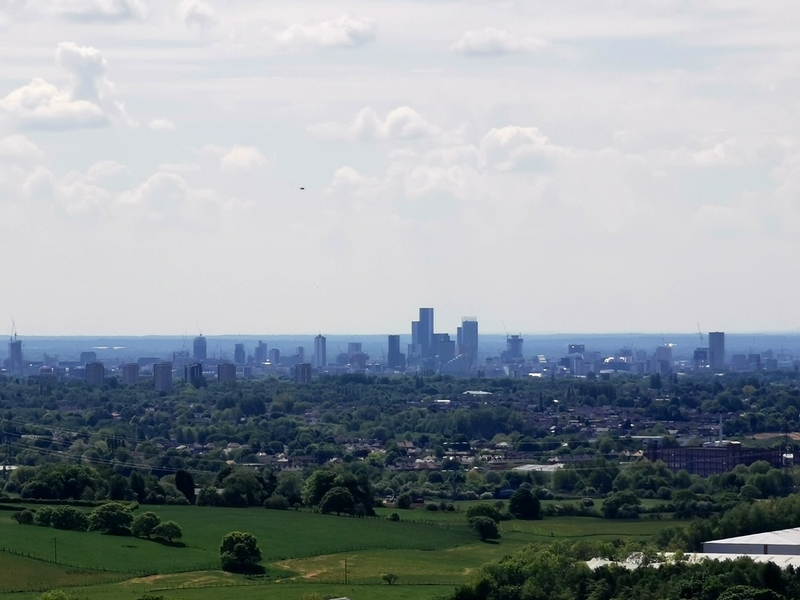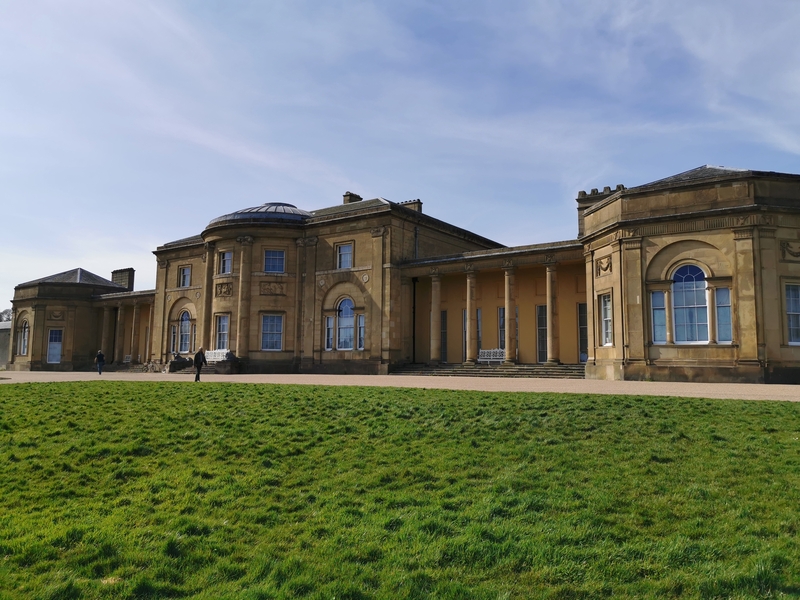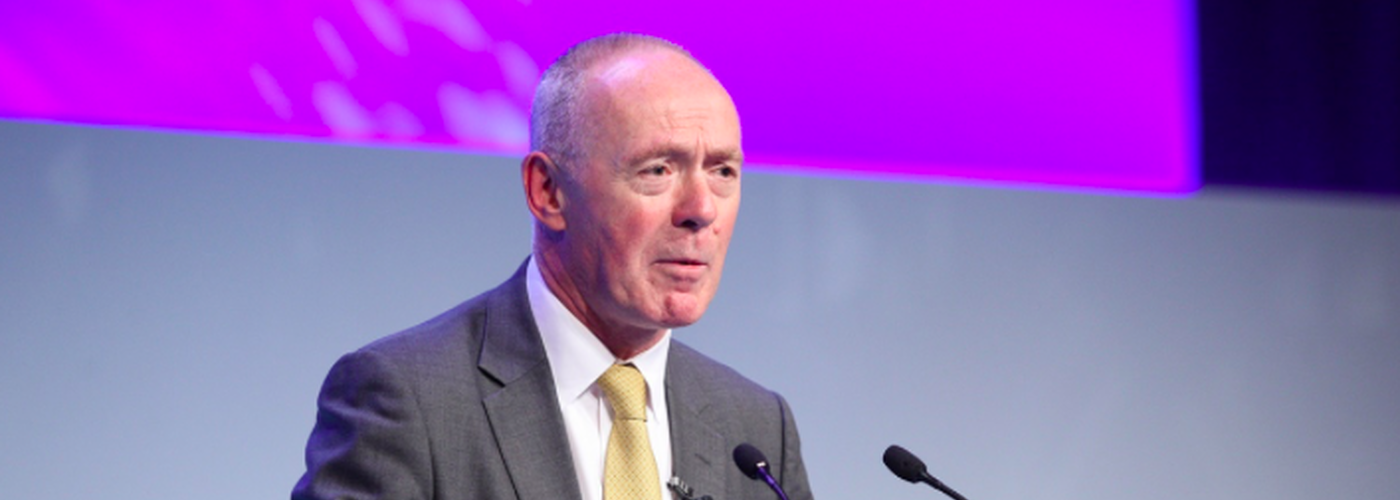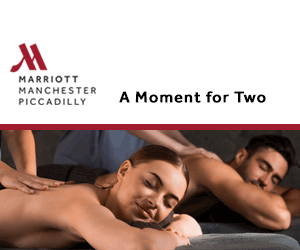Jonathan Schofield, Sir Richard Leese and the 'vague' Stay Alert message
We’ve had this message from Sir Richard Leese, leader of Manchester City Council.
‘Last night the Prime Minister announced government’s intention to make changes to the lockdown regulations. We all want to return to a more normal Manchester, but this announcement has replaced certainty with vagueness and it is vitally important that here in Manchester we continue to be cautious as we continue the fight against COVID-19. Details of the government’s proposals are due to be published later and we must hope that this brings much needed reassurance.'
Yet in one regard, within an incredibly garbled message, perhaps Boris Johnson’s message was more pragmatic than simply vague
The message continues:
‘Strict social distancing will still be necessary and as some people return to their place of work, making sure that our transport systems remain safe is paramount. For this reason, those of us who can remain working from home should do so. This will free up capacity on public transport to allow those who have to travel to be able to do so safely. Staggering work patterns and travel times will also be important to limit congestion and allow ample space in our workplaces.
‘During the lockdown, our highways team has been working to widen busy footpaths to make sure pedestrians can keep two metres apart at all times - and we will pilot the pedestrianisation of parts of Deansgate to test how we can make our city centre more attractive for people who want to walk and cycle. We would welcome ideas from within our communities as to how we can make their neighbourhoods safer. This crisis provides us an opportunity to think differently about how we use our towns and cities, and we must take it.
‘We are still not certain that we have passed the peak of the virus and there is a real risk that it could surge again, so regular hand washing and keeping our homes sanitised is still absolutely necessary. We all have a continued part to play in helping to limit the spread of infection and reduce the pressure on our NHS. And we know there are still people in the city who need help. If this is you, or you know someone who needs support, please get in touch. Help is available.
‘And finally, a resounding thank you to Manchester people. For staying home, staying safe, volunteering and looking in on neighbours. Your sacrifice and your good humoured spirit throughout this crisis has been truly inspirational.'

There’s not a lot to argue with there.
Yet in one regard, within an incredibly garbled message, perhaps Boris Johnson’s key phrase 'stay alert' was more pragmatic than simply vague.
Anybody who has been out and about in the region’s parks and public spaces knows that people have been very much enjoying the sun. It’s probable that already many people are exercising more than once a day or are spending a great deal of time outside the house with the rest of the household or not.
By saying ‘stay alert’ rather than ‘stay home’ the PM is reflecting what is happening on the ground. It’s thus pragmatic because, in truth the rules under the ‘stay home’ mantra were as vague as the new ‘stay alert’ protocols.
Here's an example. On Saturday I was cycling down Rochdale Road and witnessed a police car passing one of those pop-up car washes employing, no doubt, exploited, underpaid staff. Now, let me know, but is getting a car washed essential work? Of course it isn't, so why weren't the police interested? The rules were already so vague is the answer.

Observing some people in the media, both professional and social, go on and on about people being foolish and reckless while in parks or exercising is especially galling. Probably they are the people staying home and studying photographs before going on the attack. In my direct experience people in parks and public places have behaved in exemplary fashion.
Julie Birchall made an interesting comment on 3rd May, when she wrote, ‘I understand self-isolation was desirable at a certain point, but so are many things which one doesn’t necessarily want to last forever. The idea of my fellow citizens becoming a mole-like species hiding from the brazen benediction of the sun and snitching on sunbathers repels me as much as the virus itself does.’

Regarding exercise outside the house during this crisis, society is divided, as always, between those who follow the rules to the letter of the law or even exceed observance and those who are looser in application. This is the age-old chasm between the cautious and the risk-takers, both of whom usually think the others are stupid.
Council leader Sir Richard Leese is right to say, ‘This crisis provides us with an opportunity to think differently about how we use our towns and cities, and we must take it.’ It does indeed, and we must take that. Let’s get planning.
However, a demoralising side-effect of COVID-19 is a growth in tut-tutting, finger-wagging and armchair ranting which does a disservice to us all. It would be nice to think the post-COVID world might see a reduction in that.
A positive spin to Johnson’s ‘stay alert’ notion might be to believe the government is actually treating us like adults, you know, actually trusting us, when we are out and about. That would be a pleasant surprise. Sadly, if that is the case, the rest of the new approach, especially over the economy and pursuing livelihoods, is nothing of the sort. We're still firmly back at nursery.















